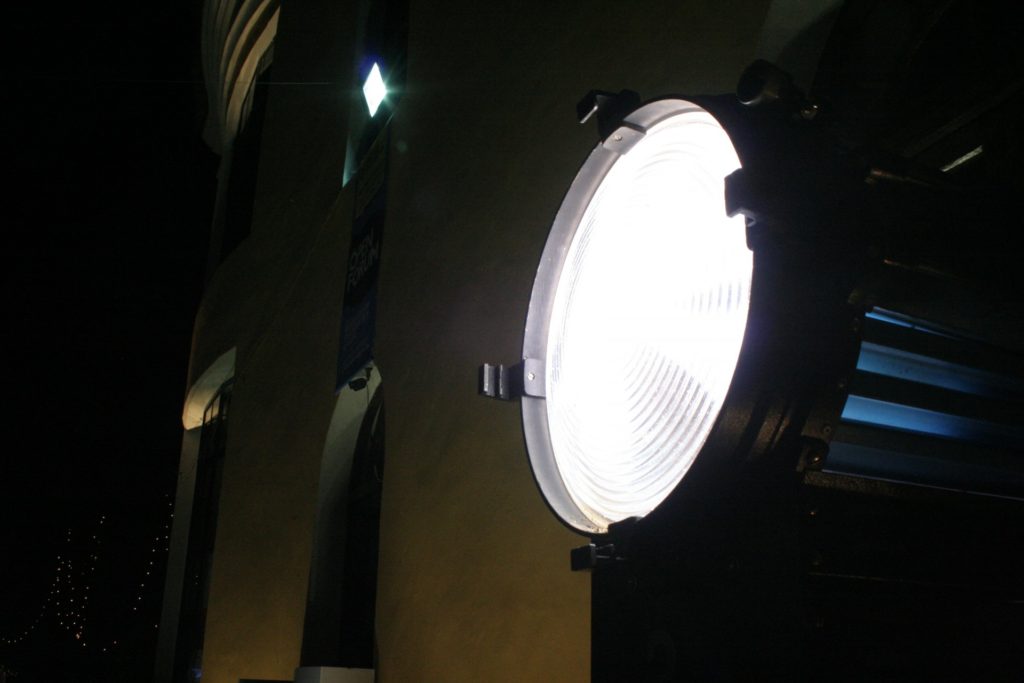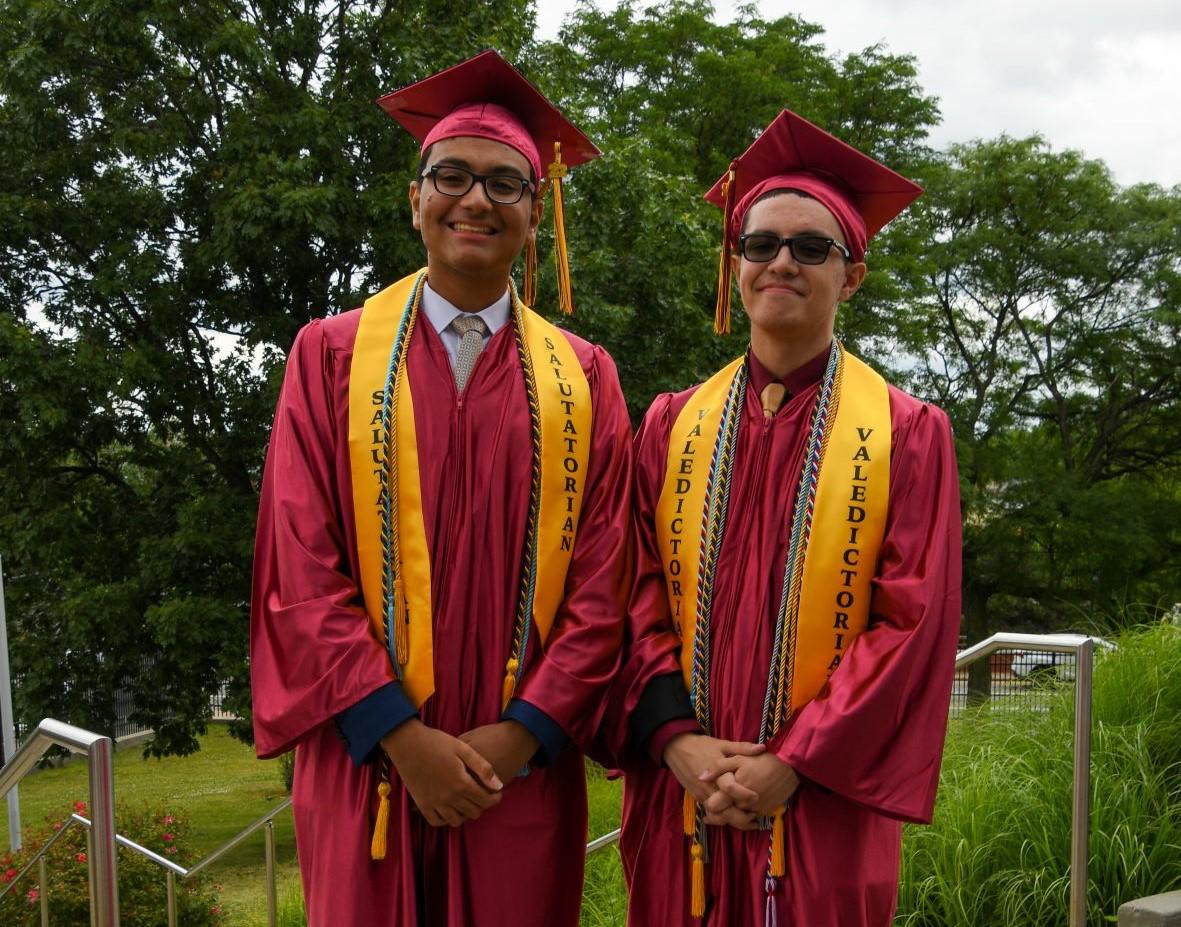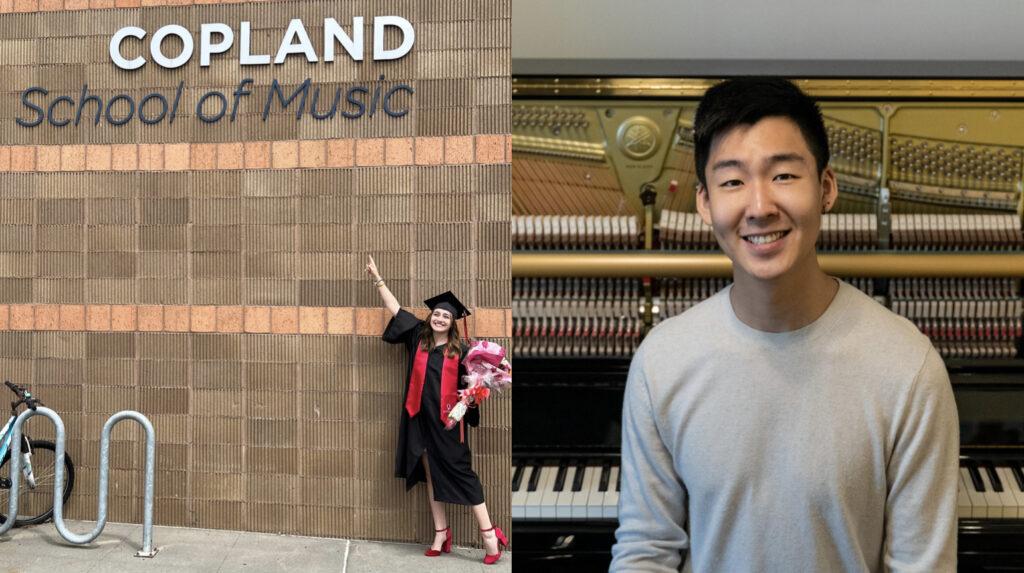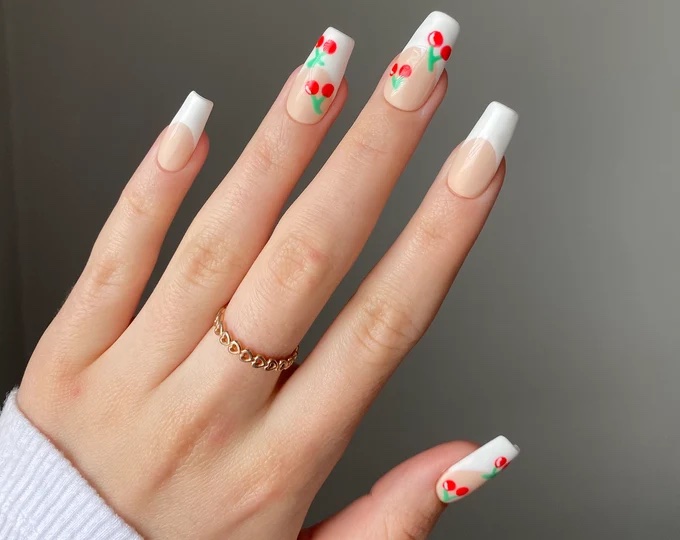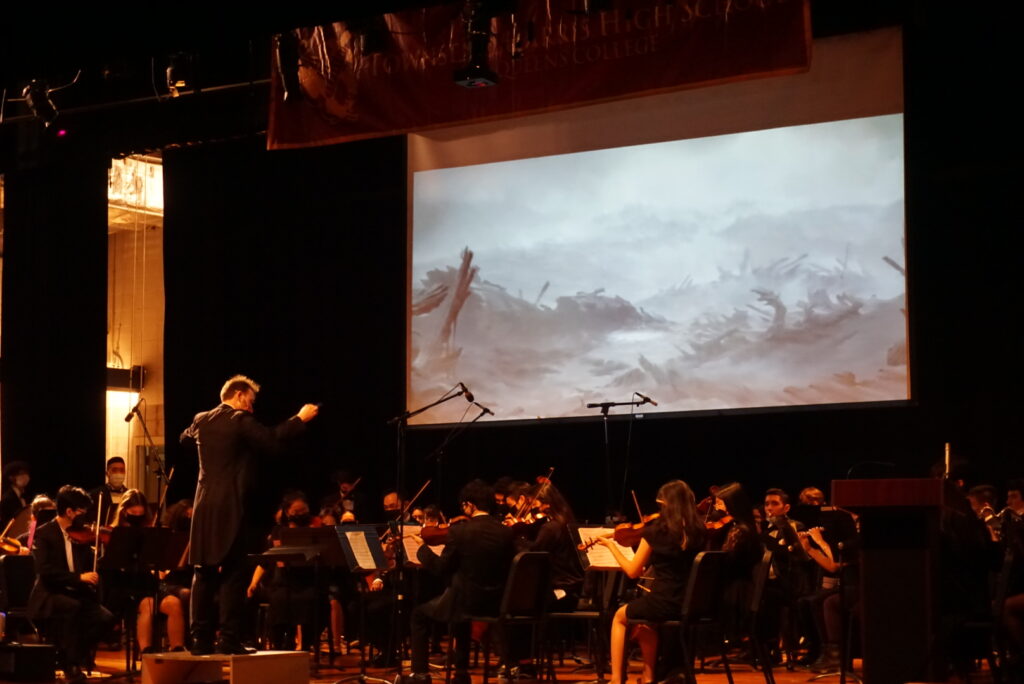
By Isabelle Guillaume, staff writer
“Hi, I’m Scarlett Johansson as Motoko Kusanagi. Hi, I’m Emma Stone as Alison Eng. Hi, I’m Tilda Swinton as the Tibetan Ancient One. Hi, I’m Nat Wolff as Light Yagami,” senior Caitlin So read from her poem “Dear Hollywood.” “Thanks for casting them so that we’re entirely nonexistent, much like the history behind the train tracks laid down from sea to shining sea or the concern over why U.S. soldier Jeep tire tracks were stained red.”
Back in July, Caitlin read her poem at the 7th Annual Poetry Festival on Governor’s Island. The poem opens with Caitlin introducing herself as an Asian girl, followed by a presentation of the race’s many stereotypes. Her piece goes on, expressing concerns for the scarce roles of Asian actors and actresses in the Western entertainment industry as well as a series of whitewashing scenarios, as mentioned above.
Aside from needing a piece for the festival, Caitlin wrote her poem in response to the backlash she had received for making a public comment criticizing the overwhelming whitewashing in the live-action remake of the Japanese anime Death Note. Rather than starring a completely-Japanese cast, the show featured one of an African American actor and a series of white actors. “Was it not obvious to everyone that Asian actors should be cast to play Asian characters? I had to take a step back to realize that to the majority, it wasn’t obvious,” she recalled. “The people who commented back with such vitriol were not Asian American and therefore, did not grow up learning the history of racism against Asian Americans both in the media and in the real world… So, I decided my poem would act as a history lesson to all those people who disagreed with me and I used their arguments against me for inspiration.”
Unfortunately, Caitlin is not the only one who feels this way in response to the lack of Asian representation in the media; and Death Note is not the only movie that has replaced Asian actors with white ones. Last year, Hollywood experienced an outbreak of negative reactions when it was announced that actress Scarlett Johansson was to play the role of the protagonist in Ghost in the Shell, the movie adaptation of a Japanese anime.
“The fact that people were considering the idea of whitewashing the characters of Mulan in the remake made me sad,” sophomore Minnie Lee recalled. Minnie is referring to the upcoming live-action version of the Disney film. Previously, a reported spec script that Disney had bought entailed Mulan being the love interest of a European trader; and a parody Twitter account spread rumors of the casting of Jennifer Lawrence, who played Katniss in The Hunger Games, as Mulan.
“There aren’t many Disney films that have Asian leads, so by whitewashing the characters I feel like it just ruins it a bit,” Minnie continued. “Why not just give the role to Asian Americans who are just as capable of taking on the role?”
To many’s delight, the casting directors of the adaptation chose Chinese actress Liu Yifei to play Mulan. The decision did away with some of the fears of the public regarding yellowface.
As a result of whitewashing, a full cast of Asian actors and actresses is a rare find. While those of other races, especially the Caucasian race, are making breakthroughs in the media, those of Asian descent are commonly only prominent in the entertainment industries of their own regions.
“I distinctly remember seeing Asian people only in the Chinese and Vietnamese shows I grew up watching and never in the movies or TV shows I watched as I got older,” Caitlin said, describing her experience with the lack of Asian actors in Western entertainment. “People always had trouble figuring out what I was for Halloween because I was a character from a movie or TV show who wasn’t Asian.”
“While other races are getting their chance to be a part of media, the entirety of the Asian race is still working hard to get proper representation,” added sophomore Christina Ramsarran. “In Western media, the lack of South Asian actors has always been something strange for me. Usually you see other race actors making their mark in Western media, yet South Asian actors are still working hard to break the stereotypes [and] define the roles they’re allowed.”
When a character of Asian descent is present in the Western industry, however, they usually do or say things that feed stereotypes against or fantasizing the nonfictional people of their race. Freshman Suann Chen described this problem, saying, “I dislike it when people stereotype Asians and make Asians into a fetish. They’ll say, ‘You have big eyes for an Asian.’”
Minnie added, “Having only white actors play major parts– that creates an expectation that you have to be a certain race or ethnicity to be something that you want to be.”
“We need accurate representation of Asian in the media so that when non-Asians approach me, they aren’t surprised that I actually do not eat dogs,” Caitlin closed. “Shocker, I know.”


























